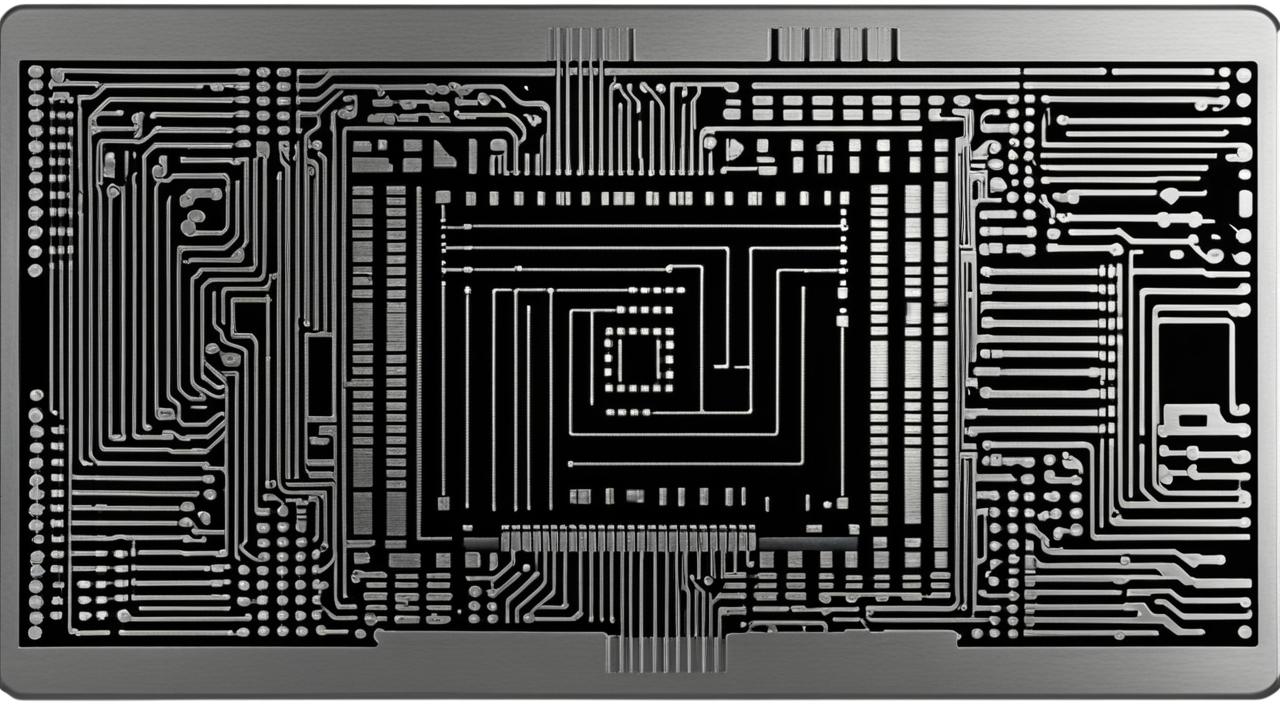Is 1.3 GHz Processor Slow?

When it comes to processor speed, the question arises: Is a 1.3 GHz processor slow? Let’s delve into the details and explore how processor speed impacts CPU performance, multitasking capabilities, gaming experience, and more.
Processor speed, also known as clock speed, measures how fast a CPU can execute instructions. A 1.3 GHz processor can perform 1.3 billion cycles per second. However, it’s important to note that processor speed alone doesn’t dictate a device’s overall performance.
Factors such as the number of cores, processor architecture, RAM, and storage also play significant roles. While a 1.3 GHz processor may be sufficient for basic tasks like web browsing and word processing, more demanding activities like gaming and video editing require higher clock speeds and multiple cores.
The number of cores affects multitasking capabilities. A single-core 1.3 GHz processor may struggle with handling multiple tasks simultaneously, whereas a multi-core processor with the same clock speed can handle multitasking more efficiently.
Processor architecture, such as Intel’s Hyper-Threading and AMD’s SMT, can further enhance performance by allowing each core to handle multiple threads simultaneously.
The combination of processor speed, RAM, and storage contributes to a seamless user experience. Adequate RAM allows for quick data storage and access, while fast storage reduces load times.
Gaming performance heavily relies on both the CPU and GPU. Although a 1.3 GHz processor may run less demanding games smoothly, modern AAA titles often require higher processing power.
When considering a device with a 1.3 GHz processor, it’s essential to evaluate its longevity and upgradability. Technology advances rapidly, so opting for devices that allow hardware upgrades ensures compatibility with future demands.
In smartphones and tablets, a 1.3 GHz processor can provide efficient power usage and smooth performance for everyday tasks. However, for mobile gaming or intensive productivity, higher clock speeds may be more suitable.
It’s worth mentioning that processor speed will continue to increase with technological advancements, leading to more powerful and energy-efficient devices in the future.
Is 1.3 GHz Processor Good for Laptop?
A 1.3 GHz processor can be considered a minimum spec for basic activities on a laptop. The performance of a laptop with a 1.3 GHz processor depends on the intended use.
For everyday tasks like web browsing and document editing, a 1.3 GHz processor may be sufficient. However, for more demanding tasks like video editing and gaming, a higher clock speed is recommended.
When considering a laptop with a 1.3 GHz processor, it’s important to also think about the upgradability of the device.
Technology advances rapidly, and it’s beneficial to choose a laptop that allows hardware upgrades to keep up with future needs.
Budget laptops often come with 1.3 GHz processors, providing a cost-effective solution for everyday computing needs.
These laptops are suitable for activities like web browsing, word processing, and watching videos. However, it’s essential to understand the trade-offs between affordability and performance when considering a laptop with a 1.3 GHz processor.
Is 1.3 GHz Processor Speed Good for Gaming?
When it comes to gaming, the processor speed plays a crucial role in delivering smooth gameplay and optimal performance. While a 1.3 GHz processor can handle older or less demanding games, it may struggle with modern AAA titles that require higher processing power.
While clock speed is an important factor, it’s also essential to consider single-thread performance. This refers to how efficiently the CPU can handle and complete individual tasks, which is particularly significant for gaming.
Gaming performance is not solely reliant on the CPU; the graphics processing unit (GPU) also plays a vital role. To ensure an immersive gaming experience, it’s recommended to opt for a processor with higher clock speeds, multiple cores, and a dedicated GPU.
For CPU-intensive games with high graphical fidelity and complex physics simulations, it’s advisable to prioritize processors with faster clock speeds, as they can handle the demanding requirements more effectively.






